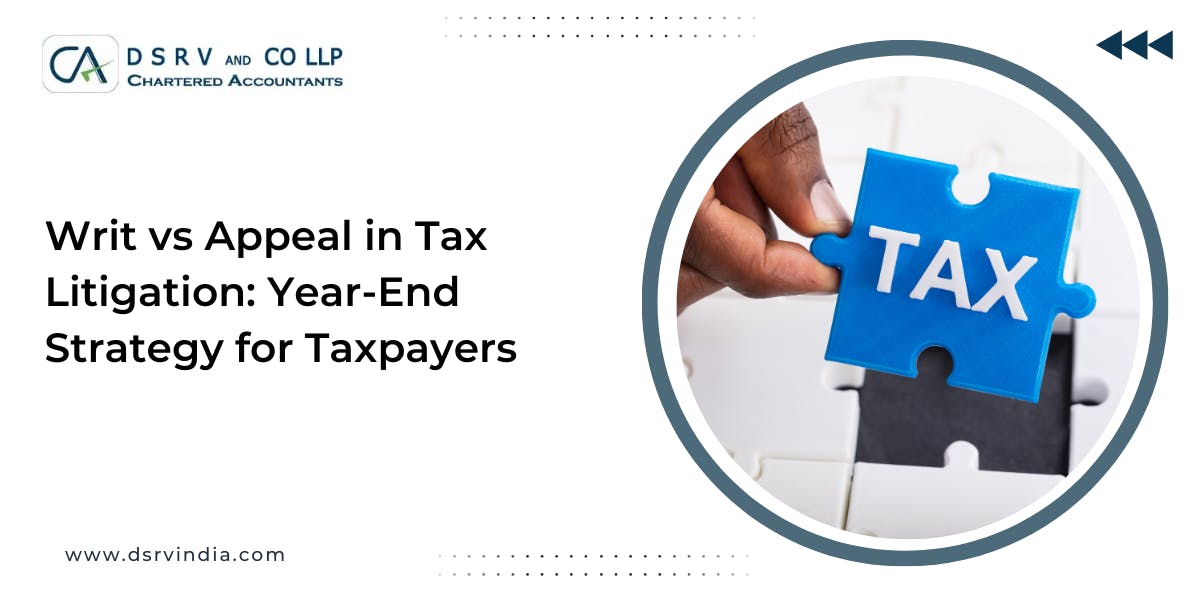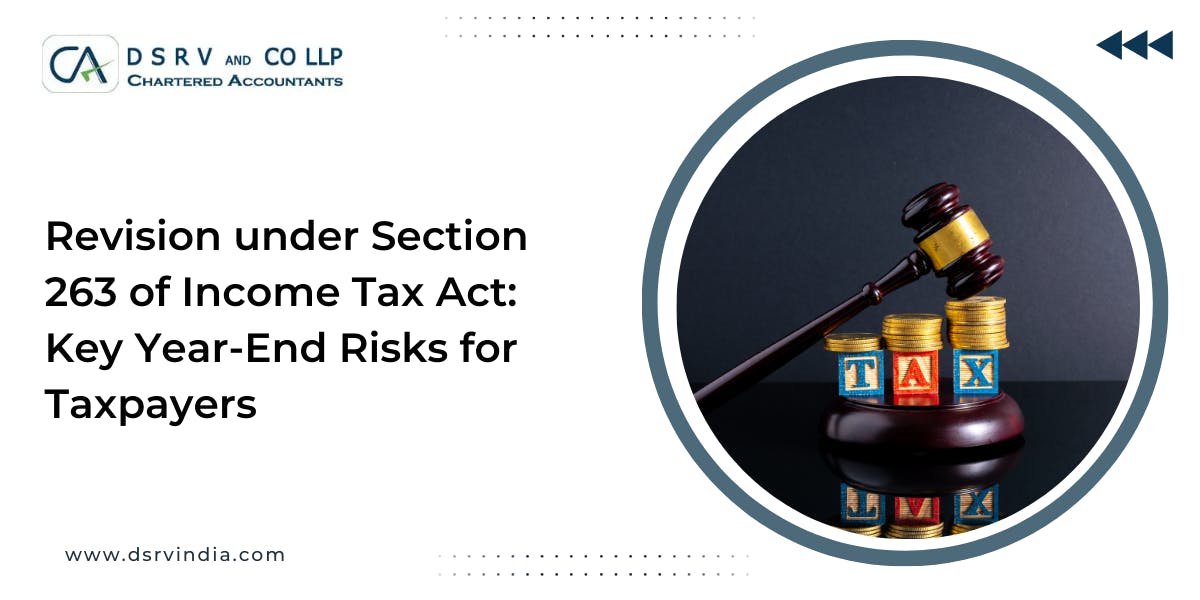Recommended: Why Foreign Direct Investment (FDI) in India Matters - Benefits
Key Case Laws and Advance Rulings on Intermediary Services
Over the years, Indian courts have delivered several rulings to clarify what qualifies as an intermediary under GST. These case laws and rulings help us to understand what classifies as intermediary services and what does not. Here are some important case laws and advance rulings in India that every business should know:
1. M/s Vservglobal Private Limited - Maharashtra AAR (2018)
M/s Vservglobal Pvt Ltd (Maharashtra AAR, 2018) is an Indian company that offers marketing and pre-sales support services to foreign clients abroad. However, they treated the services they provided as exports. The AAR had declared that since the company was arranging or facilitating the supply between the foreign clients and Indian customers, the services were to be classified as intermediary services. Therefore, it was concluded by the AAR that the services provided by M/s Vservglobal Private Limited are intermediary services.
2. M/s Universal Services India Pvt Ltd - West Bengal AAR (2019)
M/s Universal Services India Pvt Ltd provides BPO services directly to U.S.-based clients. The AAR passed the judgment that since the services were provided without any agent or any other person that would be known as a third party, the company's services could not be classified as intermediary services.
3. M/s Godaddy India Web Services Pvt Ltd - AAR (2016)
GoDaddy India, in support of the parent company abroad, was delivering services directly to customers without the involvement of a third party. As a result, the AAR ruled that services provided by GoDaddy were not intermediary services. This ruling made it clear that services provided to a foreign client, without third-party involvement, are not considered as intermediary services.
4. Prettl Automotive India Pvt Ltd - Karnataka AAR (2021)
Prettl Automotive India Pvt Ltd provides sales and marketing services to foreign clients and helps them connect with Indian buyers through these services. Since the service provider was directly involved during the facilitation of the arrangement of supply of goods or services between the foreign client and Indian customers, it was classified as an intermediary service.
5. Ernst & Young LLP vs Union of India - Delhi High Court (2023)
The Delhi High Court was overlooking the judgment on whether the services of the branch offices of EY India to foreign clients should be classified as “intermediary services” under Section 2(13) of the IGST Act. EY India had entered into an agreement where they were to provide professional consultancy services directly to EY companies abroad. EY India was receiving payment for the services from the parent company.
The Court addressed the ruling by mentioning that EY India was supplying services to the parent company, which meant that the transaction took place on its own account. Therefore, EY India was not arranging or facilitating the supply of goods or services as an agent, and there was no involvement of a third party either. The Court ruled that the services given by EY India were not to be classified as intermediary services. This made it clear that how services are delivered mattered more than the labels mentioned in the contract.








